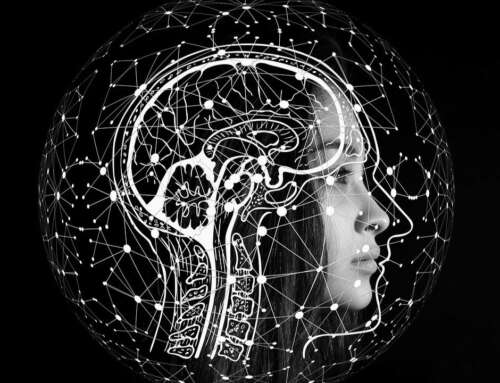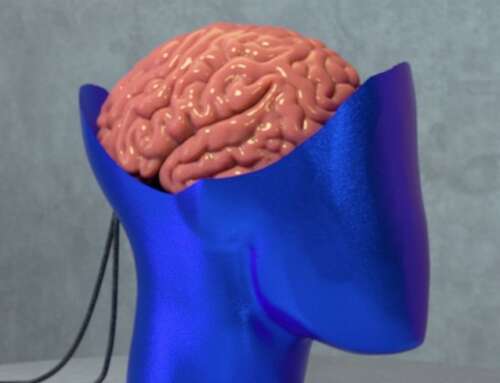Computer artwork of a brain-shaped network of lines and connections. Photo: Alfred Pasieka/Science Photo Library/Corbis
Back in the 1980s, the American scientist Benjamin Libet made a surprising discovery that appeared to rock the foundations of what it means to be human. He recorded people’s brain waves as they made spontaneous finger movements while looking at a clock, with the participants telling researchers the time at which they decided to waggle their fingers. Libet’s revolutionary finding was that the timing of these conscious decisions was consistently preceded by several hundred milliseconds of background preparatory brain activity (known technically as “the readiness potential”).
The implication was that the decision to move was made nonconsciously, and that the subjective feeling of having made this decision is tagged on afterward. In other words, the results implied that free will as we know it is an illusion — after all, how can our conscious decisions be truly free if they come after the brain has already started preparing for them?
Source: Neuroscience, Free Will Are Rethinking Divorce — Science of Us







Leave A Comment